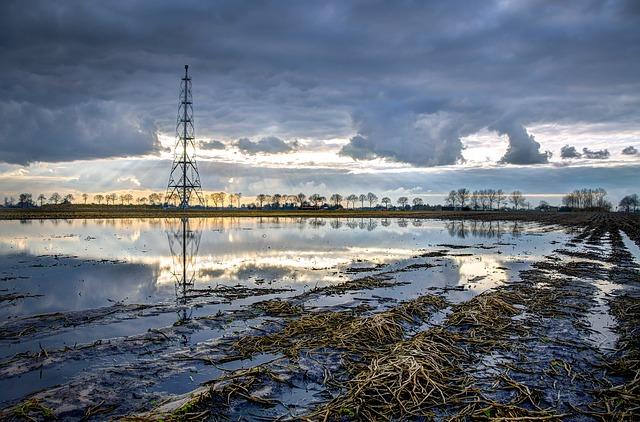Given the conclusions of the study of feasibility on the Nigeria-Morocco gas pipeline, it appears that this project and that of extending the gas pipeline to West Africa have roughly the same route and contribute to shared objectives, according to ECOWAS in a press release. A memorandum of understanding is in sight.
Almost two weeks after the visit of the Algerian foreign minister Sabri Boukadoum to Nigeria during which he spoke of the relaunch of the gas pipeline project linking the two countries, the Economic Community of West African States (ECOWAS) has just announced a probable “memorandum of understanding” on another competing pipeline.
In fact, in a press release published on its website, ECOWAS informs that the meeting of member states held on December 9 and 10 in Ouagadougou, Burkina Faso, will closely study the Nigeria-Morocco gas pipeline project.
“The objective of the meeting is to discuss with the Member States on current developments related to the West African gas pipeline extension project,” said the note, stressing that it will also be “to take stock of the interactions between [this project] and that of the Nigeria-Morocco gas pipeline”.
“Two projects contributing to common objectives”
Nigeria and the Cherifian kingdom have initiated feasibility studies relating to constructing a gas pipeline linking the two countries to meet the growing needs of Morocco and Europe in natural gas, recalls ECOWAS.
“In view of the conclusions of the study on the Nigeria-Morocco gas pipeline, it appeared that the two projects have roughly the same route and are at the same stage of progress [in terms of feasibility studies, Editor’s note]”, notes the press release, punctuating that these two pipelines “contribute to common objectives”.
To this end, the note maintains that it is “necessary that a synergy between the ECOWAS commission [responsible for the organization’s project, editor’s note] and the promoters of the Nigeria-Morocco gas pipeline be considered”.
As such, “a memorandum of understanding is being discussed between the commission, the Nigeria National Petroleum Corporation (NNPC) and the Office national des hydrocarbons et des mines (ONHYM) of Morocco”.
On Monday, December 7, during a press statement, the Algerian Minister of Energy, Abdelmadjid Attar, considered that the Nigeria-Morocco gas pipeline project was “unimaginable” because it is “technically very difficult to achieve because it crosses several countries,” reported the Yabiladi site.
What about the Nigeria-Algeria gas pipeline?
Nicknamed the Trans-Saharan, the gas pipeline project linking Nigeria to Algeria first appeared in 1980. In July 2009, Algeria’s governments, Niger and Nigeria signed an agreement to launch for the first time both the feasibility studies of the project to make it a reality. However, to date, the construction of the gas pipeline has still not started.
Thus, Sabri Boukadoum announced on Twitter that during his working visit on November 27 to Nigeria, he discussed with his counterpart “the resurrection of the trans-Saharan gas pipeline project between Algiers and Abuja”.
Europe, which aspires to strengthen its energy security by diversifying its gas suppliers, favors the construction of this gas pipeline. The Russian giant Gazprom is also seduced by the project and has shown its willingness to participate. For the moment, Algiers and Abuja believe that they have the necessary means to complete this project without foreign partners’ help.
